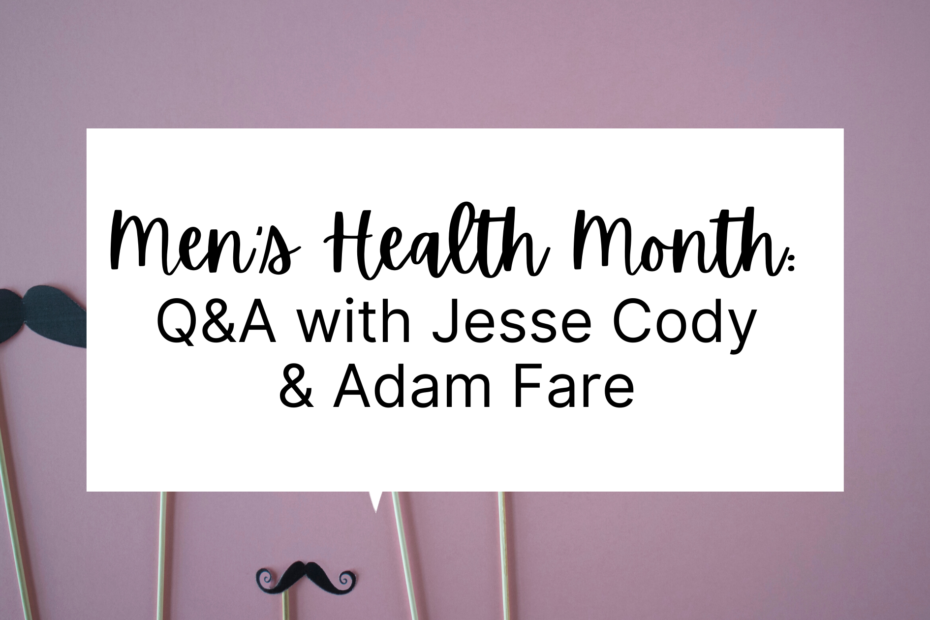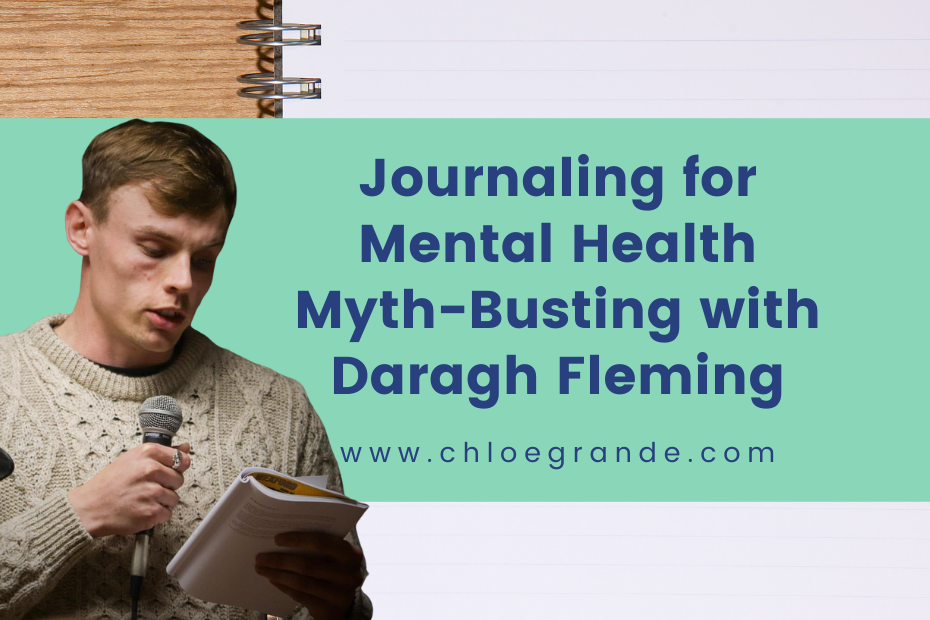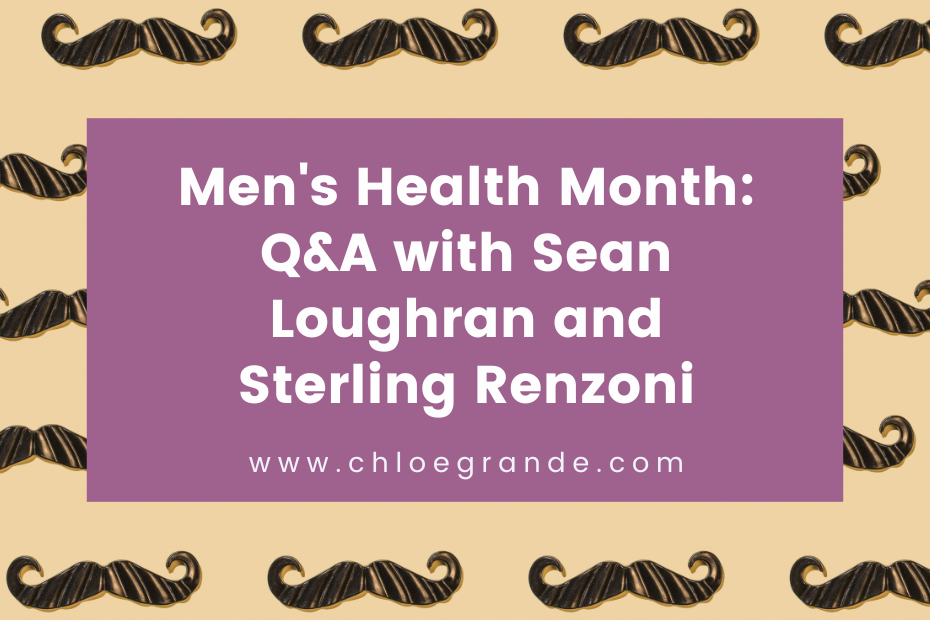’Tis the season of Movember, a month where people are encouraged to grow out their facial hair and spark conversation around men’s health, especially prostate cancer, testicular cancer and mental health.
This year, I’m noticing an increased focus on the mental health aspect of Movember. Thinking back to my own high school days, I remember awareness posters being plastered about screening exams for cancer — but there was no mention of screening for mental illness.
The dialogue has since changed around men’s mental health and the stats accompanying them are alarming.
According to the Canadian Mental Health Association, four out of every five suicides in Canada are male. With eating disorders, up to 25 per cent of cases involve men who might be at higher risk of dying because they are less inclined to seek help. A recent first-person article in the CBC by Gregory Walters dives into the additional stigma he faced getting a four decades-too-late diagnosis for his eating disorder. It’s no wonder men’s mental health has been called a “silent crisis.”
For Jesse Cody and Adam Fare, men’s mental health is on their minds all year long and they’re anything but silent about it. In the Q&A below, I ask both of them about how social media has helped them open up and their advice for others in similar positions.


Jesse is the US-based founder and director of Hike the Good Hike, a movement dedicated to promoting the mental health benefits of hiking and outdoor exploration. Since taking his first steps on the Appalachian Trail, Jesse has hiked nearly 9,000 miles throughout the country promoting mental health awareness.
Adam Fare is an England-based awareness campaigner for mental health, eating disorders, stomas and equality. He’s outspoken about his challenges getting eating disorder treatment, after being denied help because his BMI was too high and is committed to fighting for systemic change.
Question: How has social media helped you start conversations around men's mental health?
Jesse: I’ve used Instagram to tell and highlight my story. I made the decision to be open about my past and my struggles hoping it would inspire others to speak up about their mental health struggles. For men particularly, my hopes have been to show there’s no shame in struggling with depression, anxiety and suicidal thoughts.
By sharing myself, I’ve heard from many men who have stood or are standing in my shoes. I’ve heard numerous times a similar theme of “I resonate with this” or “I wish I had the bravery to admit what I’m going through.” To that I respond “You do.” Getting men to open up, even if it’s starting with me in an Instagram message, is the most difficult step. Once men or anyone can say “I’m struggling and need help,” they are moving in the right direction. Instagram is a place, for me, where I can show that we can open up and we can find help.
Adam: Social media has allowed me to have a platform to share my experiences, and linking with a progressive and inclusive community has been very fulfilling. Just as I feel it’s important men learn about women’s mental and physical health, I feel it’s also vital the voices of men get out there, which can hopefully allow other men to feel safe to speak out too. Social media has given me a voice I would never have otherwise had, and that’s testament to a number of brilliant people who are always super supportive.

Question: What are your tips for any men struggling with their mental health right now?
Jesse: You can’t fix it on your own — and that doesn’t mean someone else can fix it. It means you have to find something that is right for you and that shows positive strides with bettering your mental health. For me, it’s been hiking. I found hiking before I found the bravery to tell my story. Hiking became the couch I lay on to speak out my issues and find some resolve.
We all should be seeking our “hike.” It’s a good first step if you find you’re not ready to talk to someone. That can be in any form, but I do suggest it’s in a place that’s not part of your regular routine. Find a place that’s peaceful. Take yourself out of the chaos that surrounds you. Give yourself some time there. Hike it, run it, bike it or lay on a blanket and take it in. Start there, open up to yourself and let things materialize. We all think we have the answers for what can make us “better,” but truly we all need direction. Change who you are and what you are and see what happens. When you’re in such a dark place, doing something like this is a no-lose situation.
Question: What’s a common misconception around male eating disorders that you want to clear up?
Adam: The main one for me is that men do get eating disorders, and it’s a lot more than we’d first believe! But also that they may manifest differently, and often the reality is clouded by a guise of “health” and “fitness.”
Question: Do you have any tips for men struggling with eating disorders right now?
Adam: Find your voice, and though help is often difficult to find, it is out there. There are some amazing charities (such as Beat and Wednesday’s Child) who are on your side and want to help. But also, you’re not in this on your own, there is no shame in struggling and you absolutely deserve help and support to navigate your way to your unique recovery.

Earlier this year, one of the most resounding pieces of feedback I received through my survey for World Eating Disorders Action Day was that more people need to know that men get eating disorders too — and the symptoms may present differently than in women. That’s why it’s crucial to have these types of conversations during November and beyond.
People like Jesse and Adam show the power in owning and sharing their mental illness stories. I’m so grateful for them taking the time to offer their insight. Thank you, both. You’re making a difference in so many lives!
Hopefully stories like Adam’s and Jesse’s show that it’s possible to be brave and vulnerable, lessening the power of the silent crisis of men’s mental health. ❤️




Such an informative piece in Movember – good on you, Chloë!!!
Thanks for reading and the support!